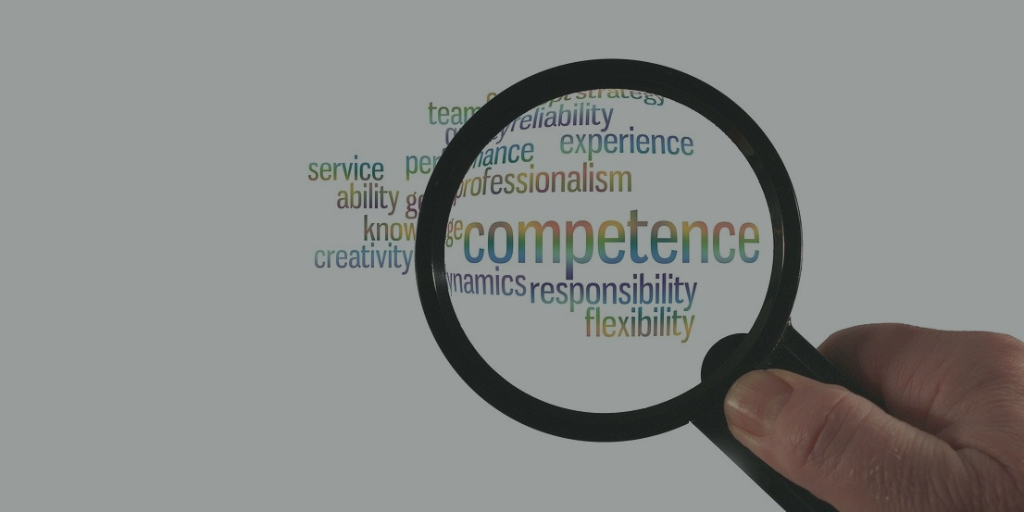Darren’s employer had had to make redundancies. And they had the very difficult choice to choose between two successful production managers.
Luckily for Darren they had purchased an outplacement package for him with Workagain. Like many in such a situation Darren was extremely worried about how he would be viewed in the marketplace. And what sort of skills he had that were transferable and how he should begin to find a new role. This was a tough, difficult emotional time for him.
First of all we discussed his previous career in depth. We isolated many of the spectacular successes he had had in his career, and how he should articulate those to any prospective employer. In doing so, he quickly realised what value he had been able to add, and how he could put that experience to use in different sectors.
Having completely rewritten his CV, we then concentrated on how to approach the interview. As many were being conducted online, this was an experience he had not had before. But he quickly understood how to maximise the opportunities to show future employers what he could add.
After just a few weeks Darren was presented with a very different problem, how to manage multiple job offers from different employers! Having accepted a role probably a little too far from home, he was then re-approached by another employer with something very close to where he lived, at a more senior level.
We were able to help him negotiate what was a tricky and uncomfortable situation so he exited it in the most professional manner possible.
As a result he is now working close to home in a new challenging role.


























